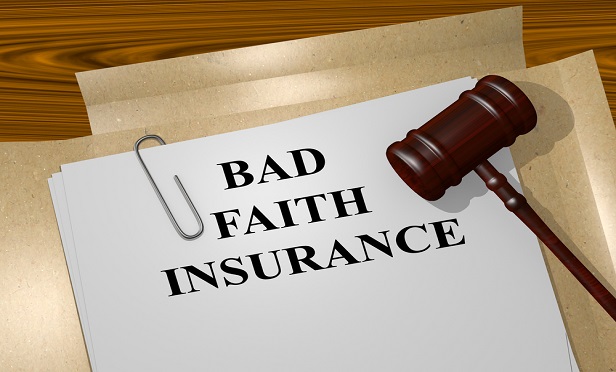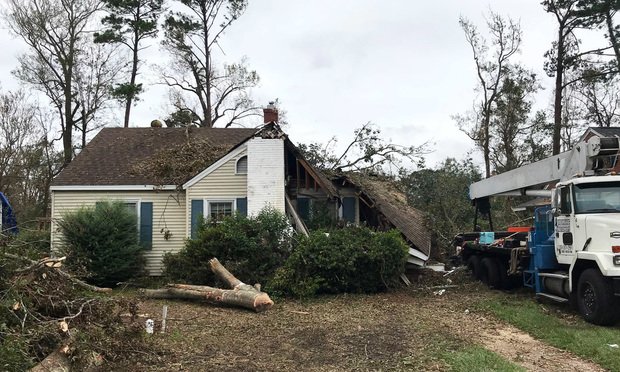This story is reprinted with permission from FC&S Legal, the industry's only comprehensive digital resource designed for insurance coverage law professionals. Visit the website to subscribe.
Policyholders expect prompt resolution of their claims by their insurance companies. When the claim is in dispute, the policyholder may believe that the company is acting in bad faith and file a lawsuit. Generally, policyholders have to follow specific procedures and may have to wait until appraisers or adjusters have completed their work before heading to court. But Florida insureds may no longer have to delay, according to a recent state appellate court case.
|Proper sinkhole repairs
In 2009, Phillip Landers' home sustained a loss from suspected sinkhole activity. He submitted a claim to his insurer, State Farm Florida Insurance Company. State Farm hired SDII Global Corporation to conduct a subsidence investigation. SDII verified that sinkhole activity was the cause of the damage, and State Farm admitted coverage.
SDll initially concluded that 975 cubic yards of grout needed to be injected into 49 holes around the home's perimeter. SDII did not recommend underpinning. After considering the report of a neutral evaluator from the Florida Department of Financial Services as required by state law, SDII amended its report to require an additional 15 grout injection points. The cost of this remediation was estimated at approximately $350,000.
Recommended For You
Want to continue reading?
Become a Free PropertyCasualty360 Digital Reader
Your access to unlimited PropertyCasualty360 content isn’t changing.
Once you are an ALM digital member, you’ll receive:
- Breaking insurance news and analysis, on-site and via our newsletters and custom alerts
- Weekly Insurance Speak podcast featuring exclusive interviews with industry leaders
- Educational webcasts, white papers, and ebooks from industry thought leaders
- Critical converage of the employee benefits and financial advisory markets on our other ALM sites, BenefitsPRO and ThinkAdvisor
Already have an account? Sign In Now







